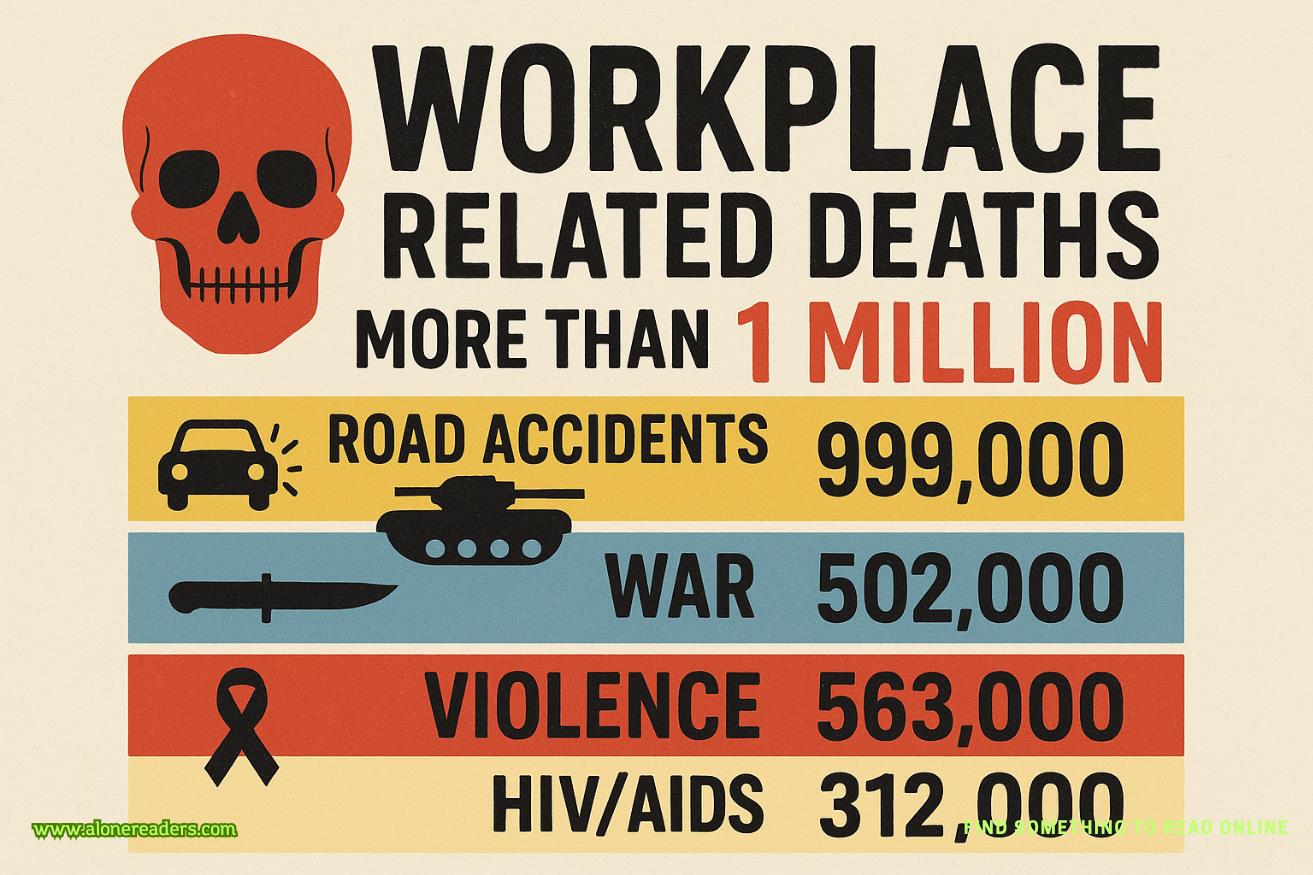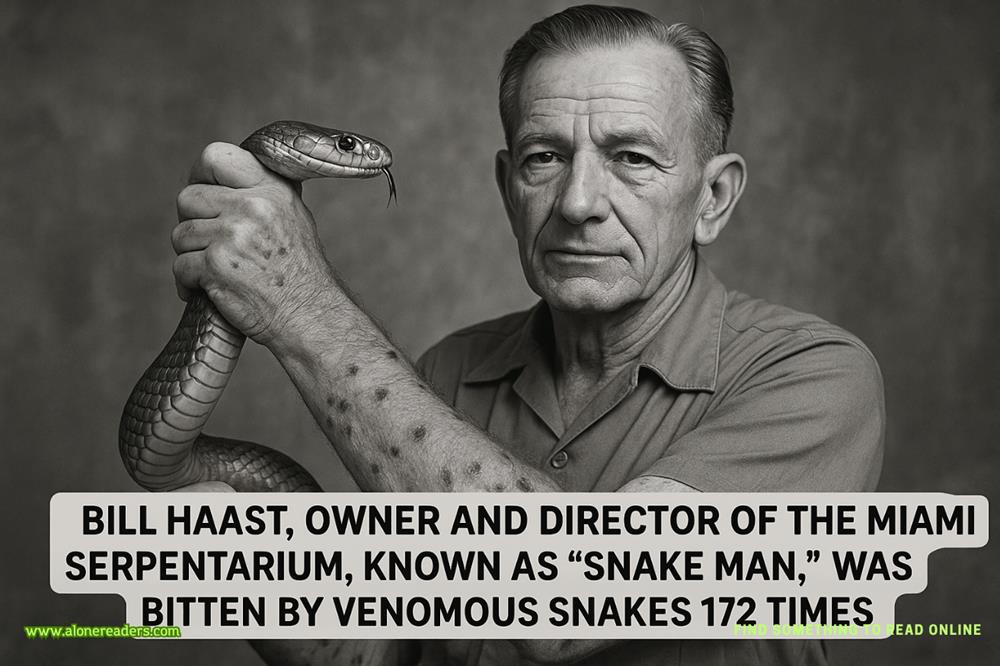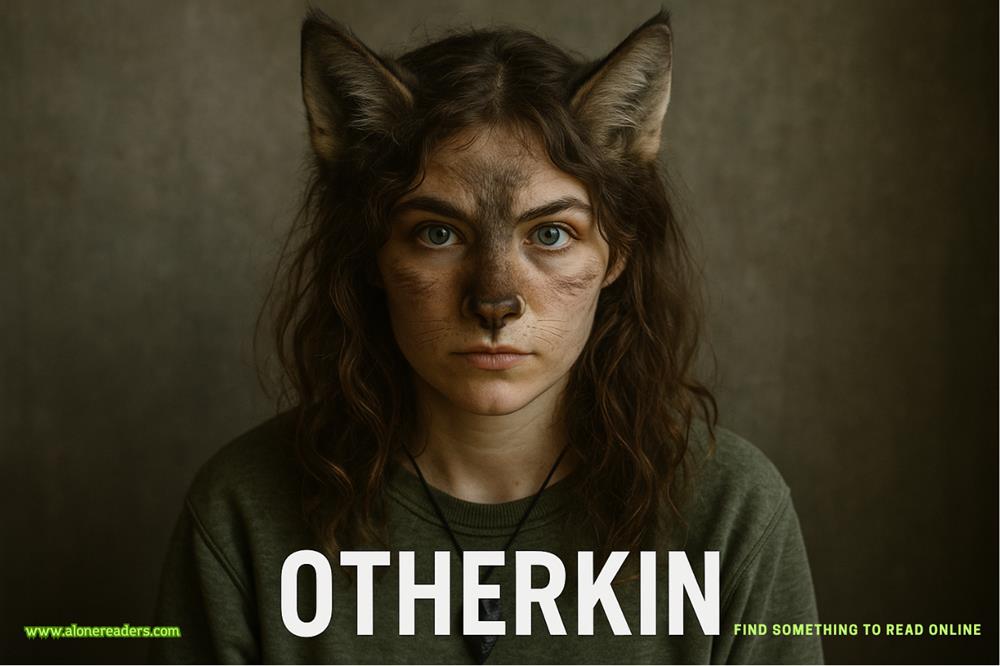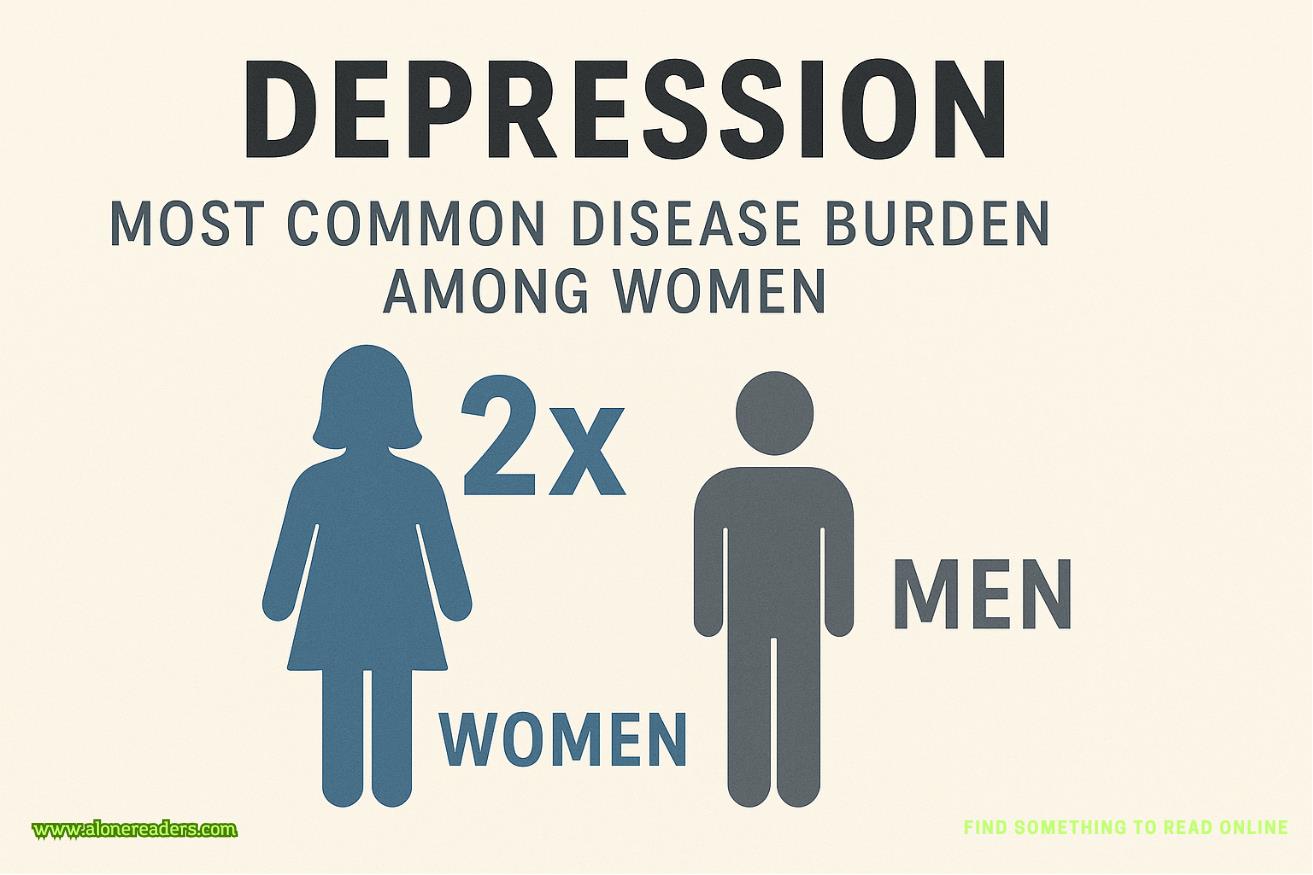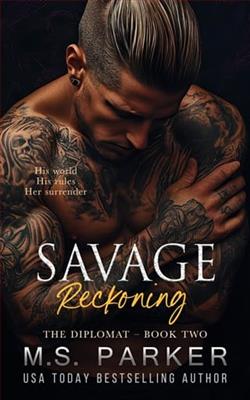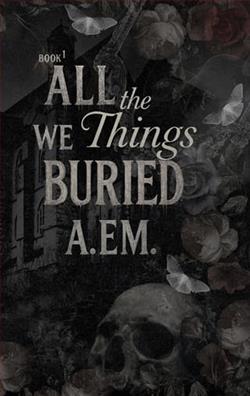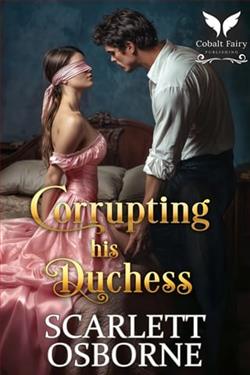Page 41 of So Far Gone
“Try to relax.” The pastor took Chuck’s hand. “Can I ask, Chuck, have you accepted our Lord Jesus Christ as your personal savior?”
Was this a conversion... or last rights? Chuck grimaced. “I was raised Catholic.”
“Then I’m afraid you have been deceived by false prophets, and by the worst evil I can imagine—a false salvation.”
Matthew came out of the house then with a small white first aid kit and two dish towels. He set these down and began taking his belt off. “I’m really sorry. It just... went off. I wasn’t trying to shoot you. But you were freaking me out! That’s a three-hundred-dollar tire, man!”
“I told you I’d pay for the tires!” Chuck spat the words, unsure why he was bothering to argue this point.
“They wear differently when you replace only one,” Matthew said. “One tire would be six months newer, and the treads would wear unevenly.”
“That’s enough about the tires, Matthew,” Pastor Gallen said. He worked silently. He cut away a hole in Chuck’s jeans with scissors from the first aid kit, put gauze and a square, adhesive bandage over the wound, then pressed the folded dish towel against Chuck’s hip. He spoke quietly. “We need to keep pressure on this. It’s going to hurt.” He pushed, and indeed, it did hurt. “I’m going to put this belt around the towel. You’re going to be fine. Your body will recover. But I worry about your soul. You are worshipping in the wrong house. A false gospel. You’re on the wide road to destruction. That’s not just me saying it. That’s Second Corinthians, 11:4.”
“I don’t go to church,” Chuck said, wincing at the pain.
“Well, perhaps this is God’s way of opening your heart,” the pastor said.
“Are you fucking nuts? Shoot people? Is that your recruitment strategy?”
Matthew paced above them, gesturing with his hands. “I can’t go to jail, man. I’m gonna lose my job.” He removed the ball cap and ran his fingers through straw hair. “He was threatening my truck! You guys saw it!”
Chuck squeezed his eyes shut. “Please, tell him to be quiet—” The gunshot wound, Gallen’s using this opportunity to evangelize, dark-eyed Dean Burris hovering, Matthew’s jittery self-pitying monologue—all of it was making Chuck nauseated. “All of you, be quiet.”
Dean walked over then. He looked down on Chuck. Such dark, pitiless eyes. Was that a smile on his face.Isn’t the first time he’s seen someone shot, Chuck thought.
“Sheriff’s on the way,” Dean said. “And paramedics.”
“No. I want a helicopter,” Chuck said through gritted teeth, the paincoming in another wave. He let out a groan that turned into a kind of yelp. “Have them send a helicopter.” He needed to get out of this insane backwater. Twenty-six years as a cop and he’d never been shot at, never fired his weapon, never been seriously hurt, and here he was, possibly bleeding out in the dirt at this nutjob’s compound, listening to one yahoo talk about tire wear while another tried to convert him.
He had the clearest thought he’d ever experienced then:You cannot die here!“Have them call Spokane,” he rasped, “tell them a cop’s been shot, have them send a helicopter.” He made his voice as steady as possible. And there was one other person whose voice he desperately needed to hear now. “I need to use your phone.”
***
Kinnick was playing it out in his mind as he drove across the border from Idaho into Washington. According to Lucy, Chuck had gotten in some kind of gunfight with one of the militiamen, and was wounded, although she wasn’t entirely sure how it had happened, or how serious it was, or if anyone else was hurt. All she knew was that Chuck had called her as he was being loaded into a helicopter that was, at that very moment, taking him back to Spokane.
Surely, the unhelpful Sheriff Glen Campbell would have arrived at the Rampart by now, too, furious that what he called “this custody bullshit” had erupted into such trouble. Pastor Gallen would have called Shane, and with Bethany still missing, Shane would be the only parent involved. He would maybe file a complaint against his abusive father-in-law (he punched me one time), for coming to take the kids with some unstable old cop, bursting into a peaceful rural church and taking the kids from the very people Shane had entrusted to watch them.
Imagining it this way was troubling for Kinnick, who realized that his only defense to Shane’s version of events would be the note from his daughter and a series ofYeah-buts. Like all people, he supposed, whenmaking cases to himself he was prone to forgetting that other people made cases as well.
As a grandfather—one who had seen his grandkids one time in the last seven years—what rights would Kinnick have in this situation? (Answer: none.) And while he could probably expect fairer treatment from the Spokane police, Kinnick also recalled their disinterest yesterday, when he showed up at the cop shop with his note and a broken cheekbone and the desk sergeant had been less than helpful. He hadn’t actuallysaidGlen Campell’s words,Custody bullshit, but he’d seemed to be thinking it.
No, if he went to the police Kinnick might end up in jail, and Asher and Leah would be right back in that crazy militia nest by morning.
He also couldn’t take the kids to the hospital. The police might be waiting for him there. He had to find Bethany first. But where? And where would he take the kids in the meantime? Kinnick chewed his bottom lip as he piloted Chuck’s pickup into Spokane from the north. Only one place he could think to go. He got off the highway before the city limits, and turned to the west, crossing the woods below Eloika Lake.
“Broccoli and cheese,” Leah muttered.
Kinnick looked over at her.
“The color of those trees,” she said.
Kinnick looked out at the green needles and orange trunks of the ponderosa pines. “I could see that.”
Leah looked over at him. “Mom said you used to make up bedtime stories for her.”
Kinnick glanced over again. Asher was asleep, but Leah was staring intently. “I did, yes.”
“What were the stories about?”




